Hamburg Maritime Forum 2025: a maritime revolution in the heart of Hamburg
On April 1–2, 2025, Hamburg—a city deeply rooted in maritime tradition—became the focal point for key discussions on the future of global shipping during the third edition of the Hamburg Maritime Forum. Held in the historic Altonaer Fischauktionshalle, the event brought together over 500 experts, industry leaders, and innovators from around the world. Under the motto “Tradition Meets Innovation,” the forum provided a unique space for exchange, inspiration, and collaboration—linking the maritime sector’s heritage with emerging technologies and sustainable solutions.
business maritime economy ports work at mare shipbuilding industry news03 april 2025 | 08:45 | Source: Gazeta Morska | Prepared by: Kamil Kusier | Print
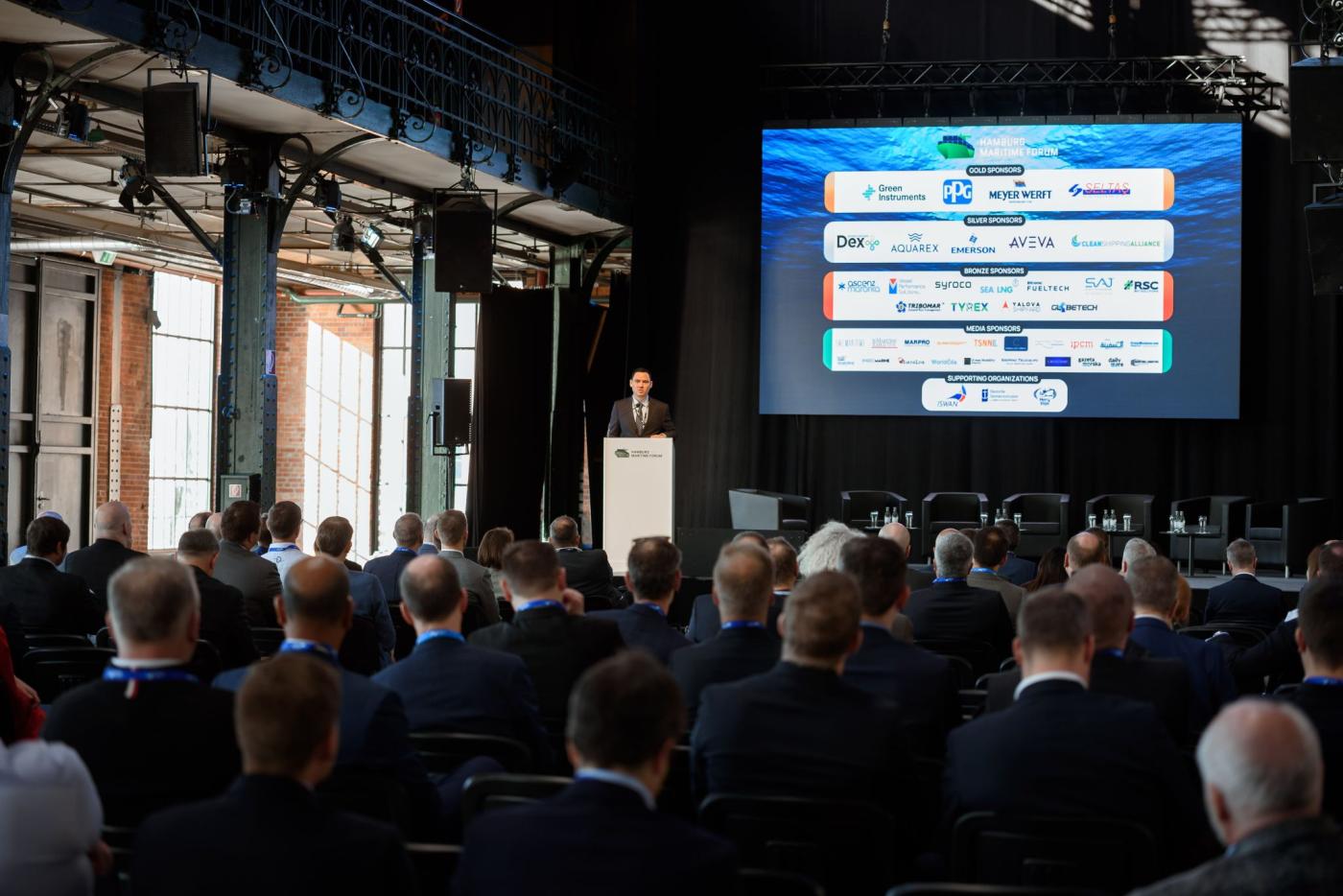
fot. Hamburg Maritime Forum / IGGS Group
The agenda included 10 panel discussions that addressed the industry’s most critical challenges and opportunities, from decarbonization and alternative fuels to artificial intelligence, crew welfare, and cybersecurity. Each panel offered diverse perspectives, engaging both practitioners and forward-thinkers.
Decarbonization in focus
Panels like “From Policy to Practice: Decarbonization Strategies in Shipping” and “Decarbonizing the Seas: Challenges, Innovations, and Solutions” tackled the urgent need to cut emissions. Participants examined how international regulations, including the IMO 2050 strategy, are being translated into tangible actions.
- it’s no longer enough to talk about zero emissions—we need infrastructure investment and bold decisions that will make new technologies the industry standard, said a sustainability manager at a major European shipping company.
- Designing vessels for alternative fuels is just the first step. The real challenge is making sure ports are ready to support this transformation, said a representative from a Hamburg-based shipyard.
The future of marine fuels
The panel “Powering the Future: The Next Generation of Marine Fuels” sparked energetic debate on alternatives to fossil fuels. Experts evaluated the potential of hydrogen, ammonia, and methanol, highlighting challenges related to production and distribution.
- Methanol could offer a relatively quick path to low-emission operations, but without a global supply network, it will remain a theoretical solution, said a maritime market analyst.
Speakers agreed that ports must become hubs for green fuels, which requires a scale of cross-sector collaboration the industry has not seen before.
Artificial intelligence and digitalization
Technology breakthroughs dominated the panels “AI and the Future of Shipping: Innovations, Risks, and Challenges” and “The Digital Wave: How Technology Is Transforming the Maritime Sector.” Discussions explored the role of AI in route optimization and predictive maintenance.
- AI has the power to revolutionize maritime logistics, but without proper regulation, we risk creating chaos, said one panelist. - Imagine vessels that can learn to avoid storms on their own—this is no longer science fiction. It’s what’s next.
Safety and crew wellbeing
The panel “Empowering Seafarers: The Future of Safety and Crew Welfare” brought attention to the human side of maritime operations. Topics included training, working conditions, and the impact of automation on seafaring jobs.
- Automation won’t replace the seafarer, but it does demand new skill sets, said one of the speakers. - That’s why investing in people is just as important as investing in technology.
Regulation and cybersecurity
In “Regulatory Debate: From Guidelines to Global Impact,” speakers assessed how EU policies like ETS and FuelEU Maritime are reshaping the industry.
- Regulations are absolutely necessary, but they need to be implemented globally. Otherwise, smaller operators simply won’t be able to keep up, said one participant.
The panel “Maritime Cybersecurity: Defending Against Digital Threats” highlighted how real the threat of cyberattacks has become.
- One serious cyberattack is enough to shut down an entire port, said a maritime cybersecurity consultant. - We need to stop thinking of cyber risks as abstract threats—they’re already here.
Nuclear propulsion: breakthrough or risk?
The panel “Nuclear-Powered Shipping: Breakthrough or Too Risky?” sparked strong reactions and differing opinions from across the industry.
- Small modular nuclear reactors could be a game-changer for decarbonization, but the public has to trust the technology, said one of the panelists.
Others voiced concern about long-term safety and the consequences of potential failures—but consensus emerged that nuclear-powered vessels are no longer just a theoretical concept.
Sustainable solutions and networking
The final panel, “From Challenge to Change: Sustainable Solutions for Shipping,” showcased a broad range of innovations, from eco-friendly ship designs to circular economy practices in shipbuilding and recycling. The event concluded with a cocktail gala, creating space for new partnerships and industry networking.
- Events like the Hamburg Maritime Forum prove that the maritime sector isn’t afraid to face difficult questions, said Oskar Wojciechowski, IT director at Daily Mare. - This is where ideas are born that have the power to reshape the entire industry.
Hamburg Maritime Forum 2025 reaffirmed that the global shipping sector stands at a turning point. From decarbonization to digital transformation, the industry is seeking a balance between legacy and innovation. For Daily Mare, it’s also a sign that Polish shipowners and shipbuilders are ready to play an essential role in shaping this future—drawing on their experience while embracing bold new ideas.
The next stop on the innovation voyage: Limassol, where the Mediterranean Maritime Forum takes place this May.
Buy us a coffee, and we’ll invest in great maritime journalism! Support Gazeta Morska and help us sail forward – click here!
Kamil Kusier
redaktor naczelny
gallery














































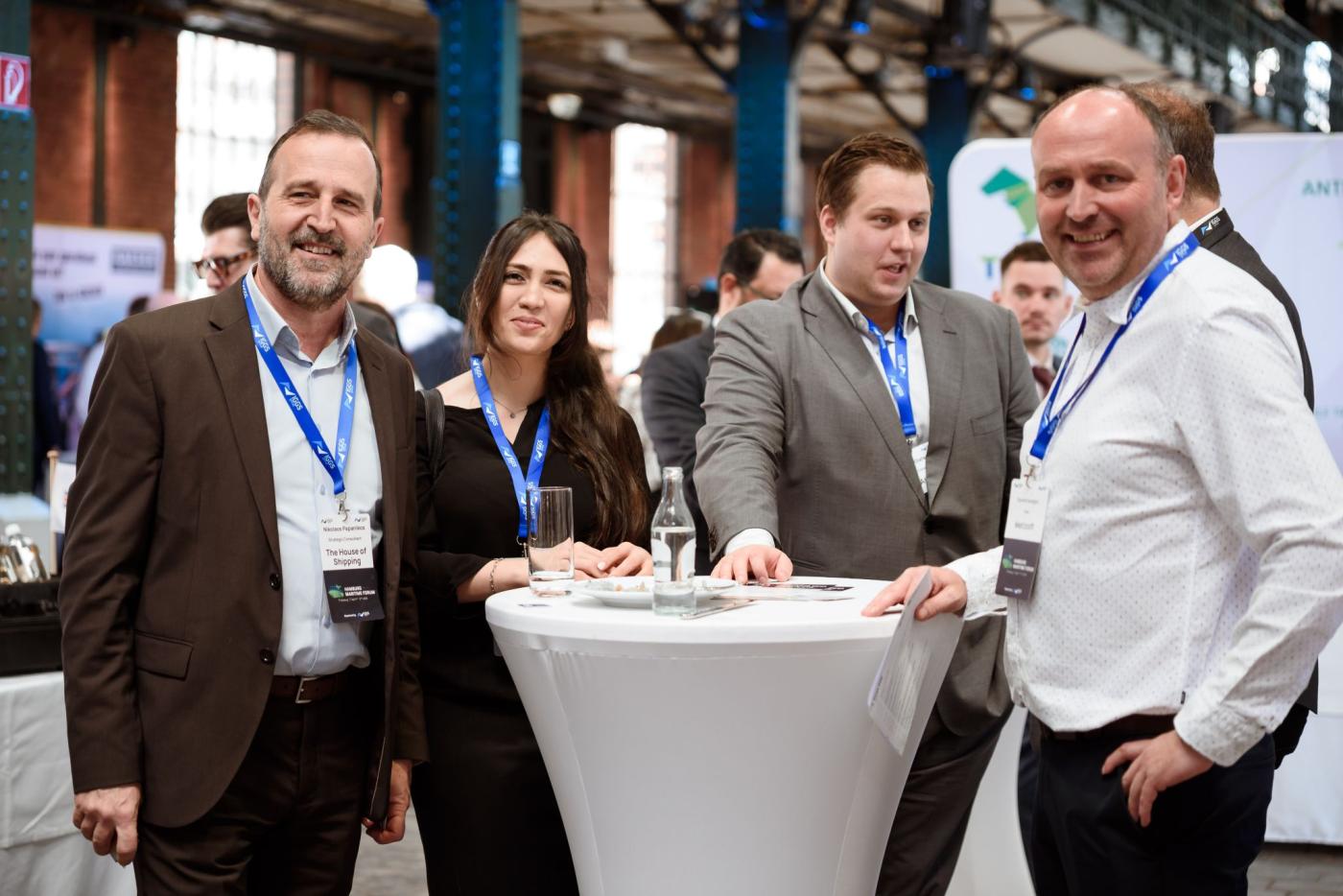
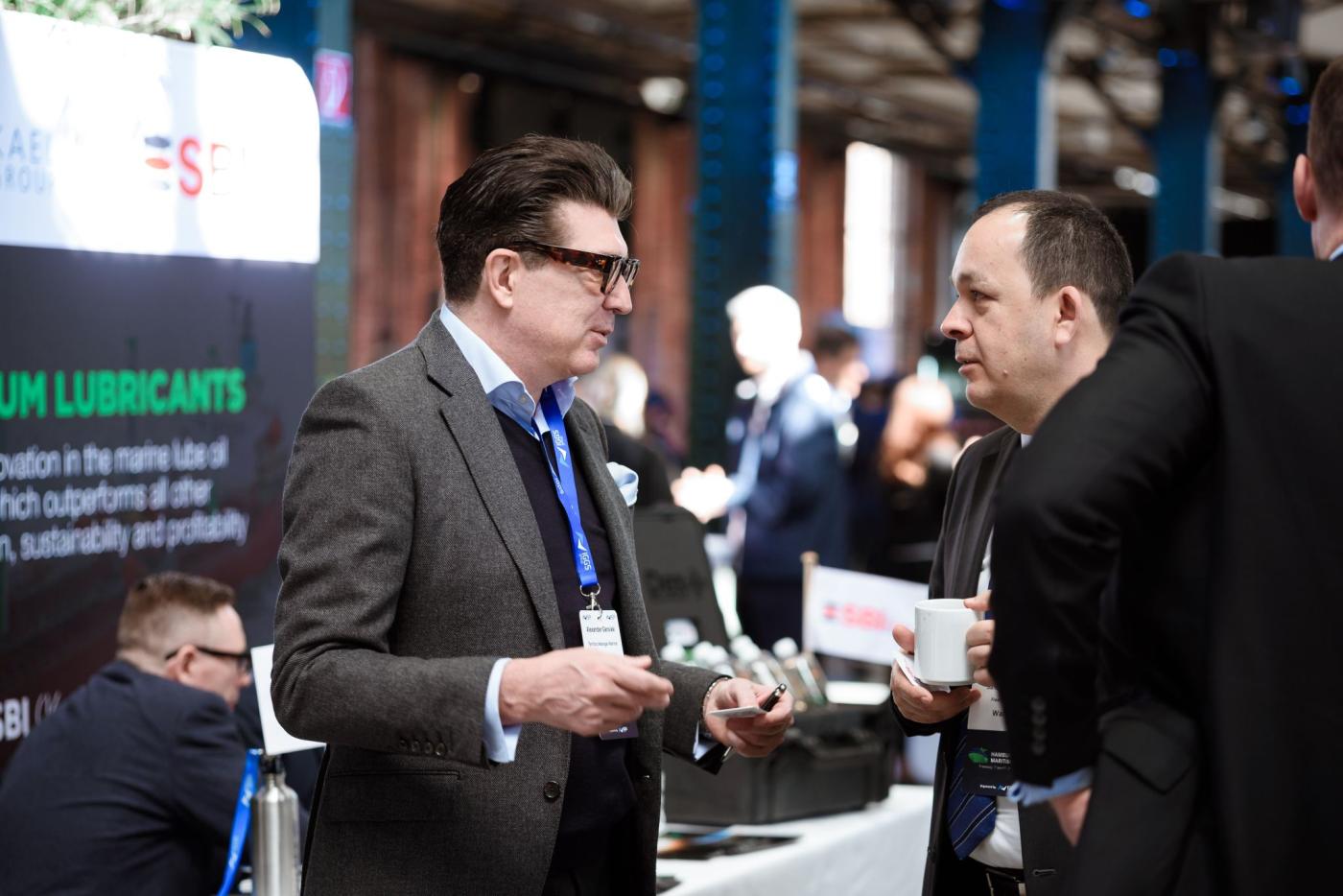




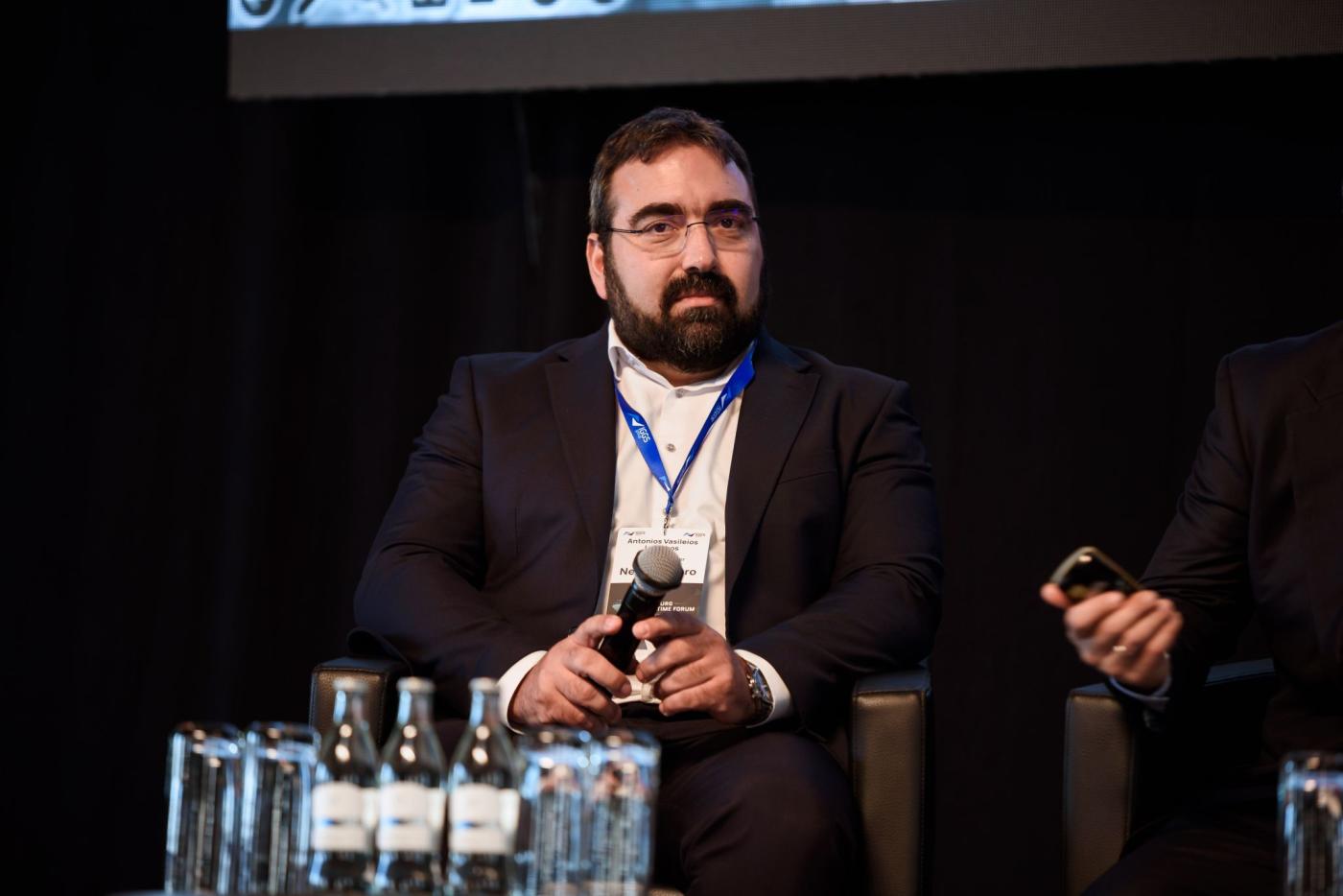

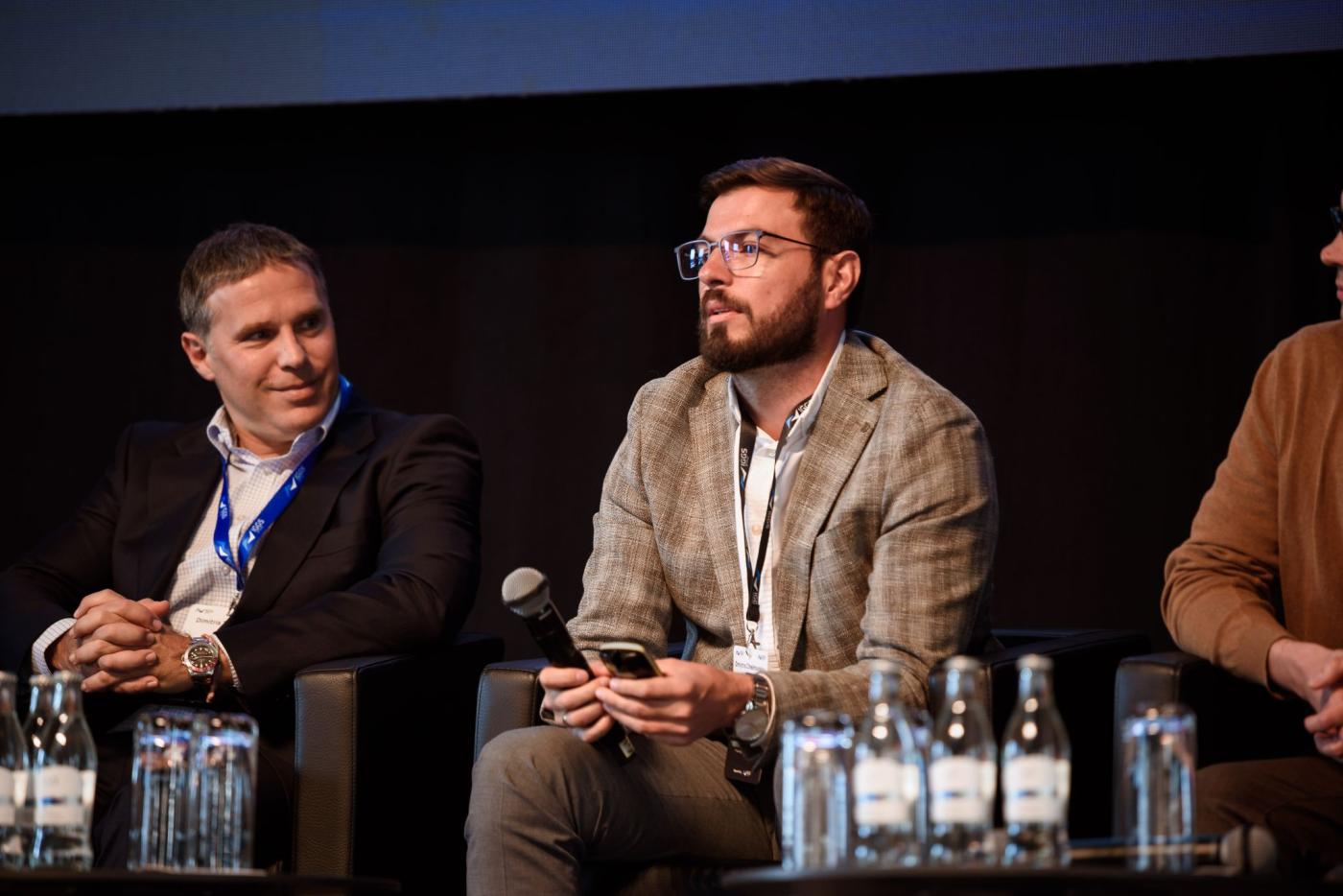




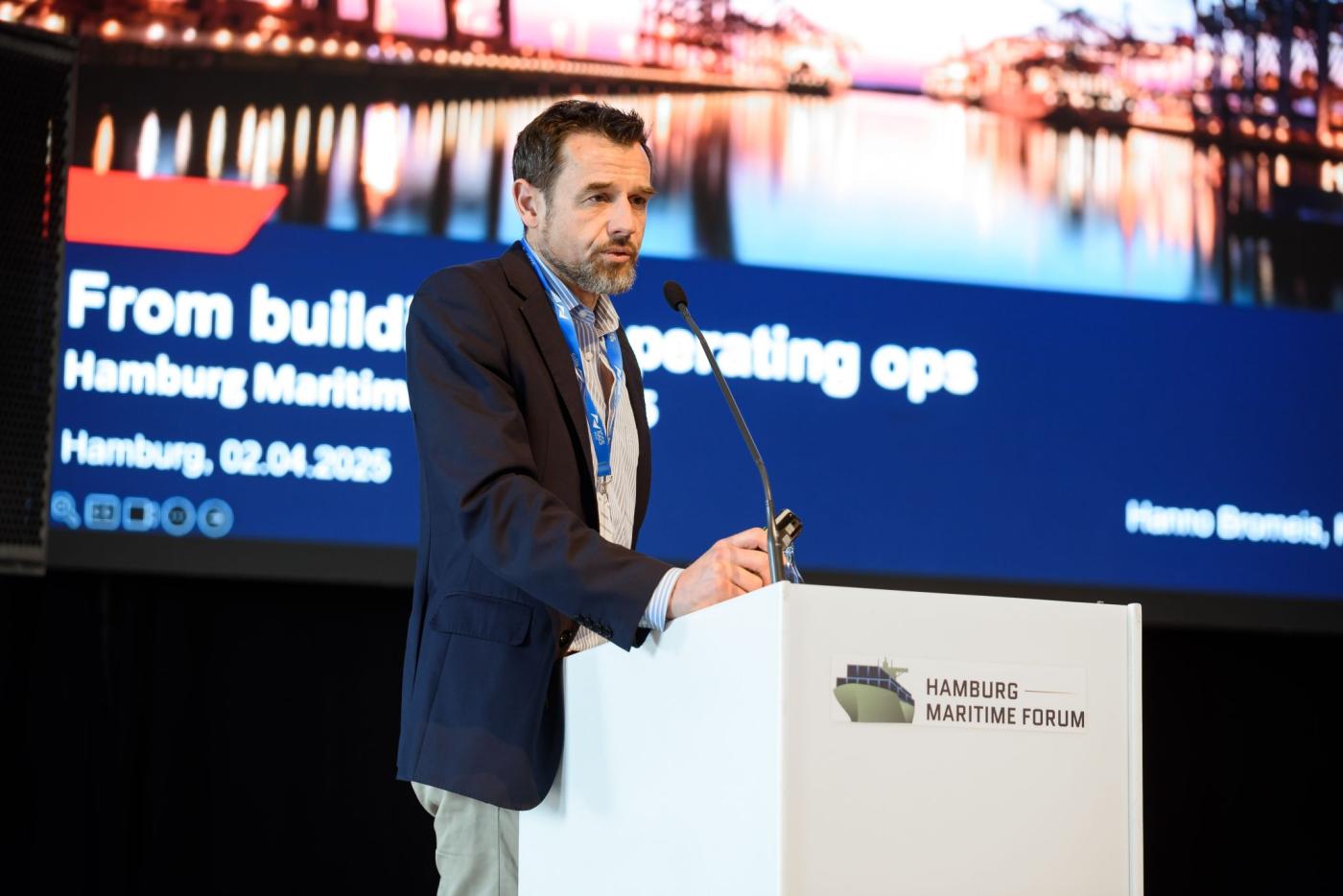










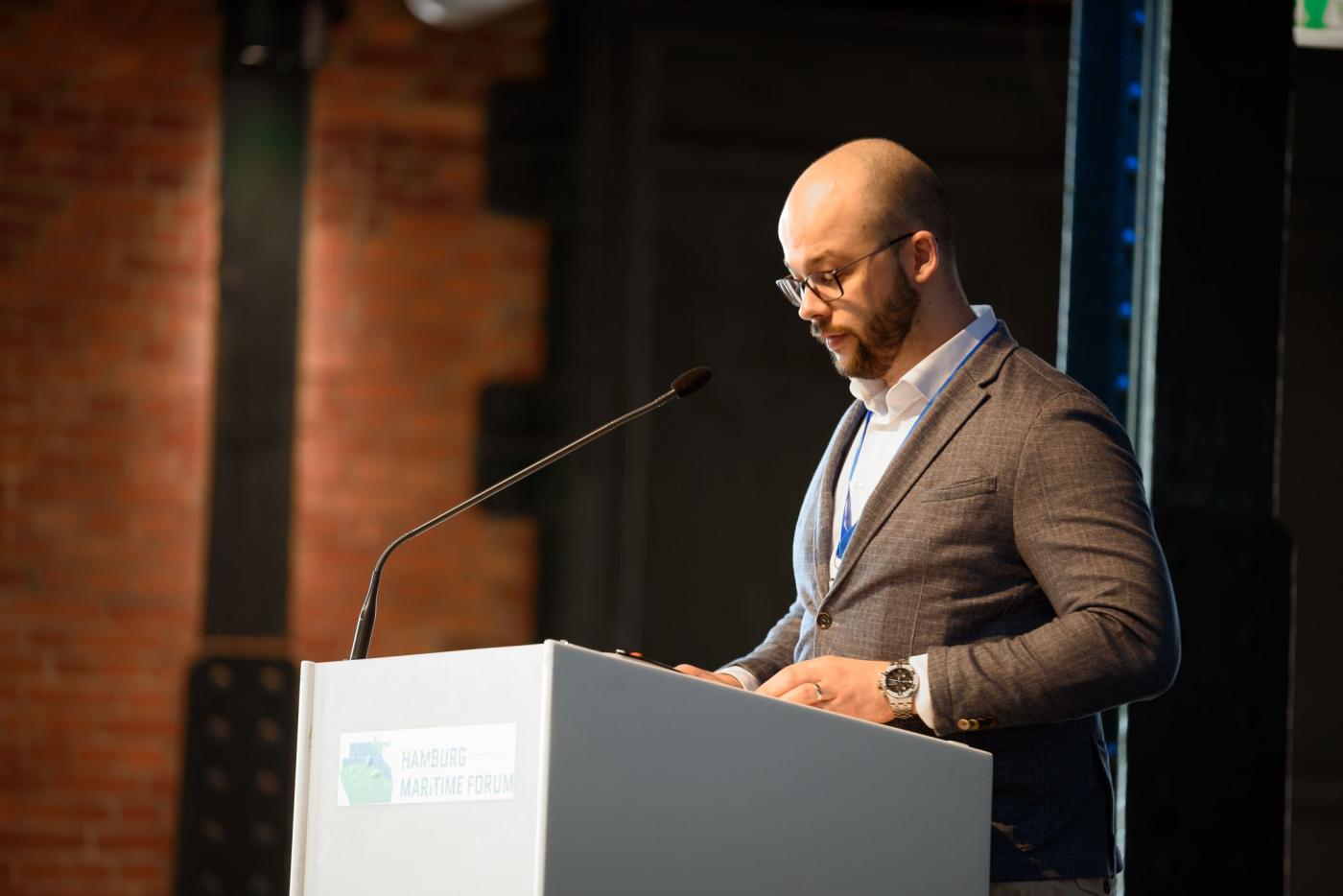









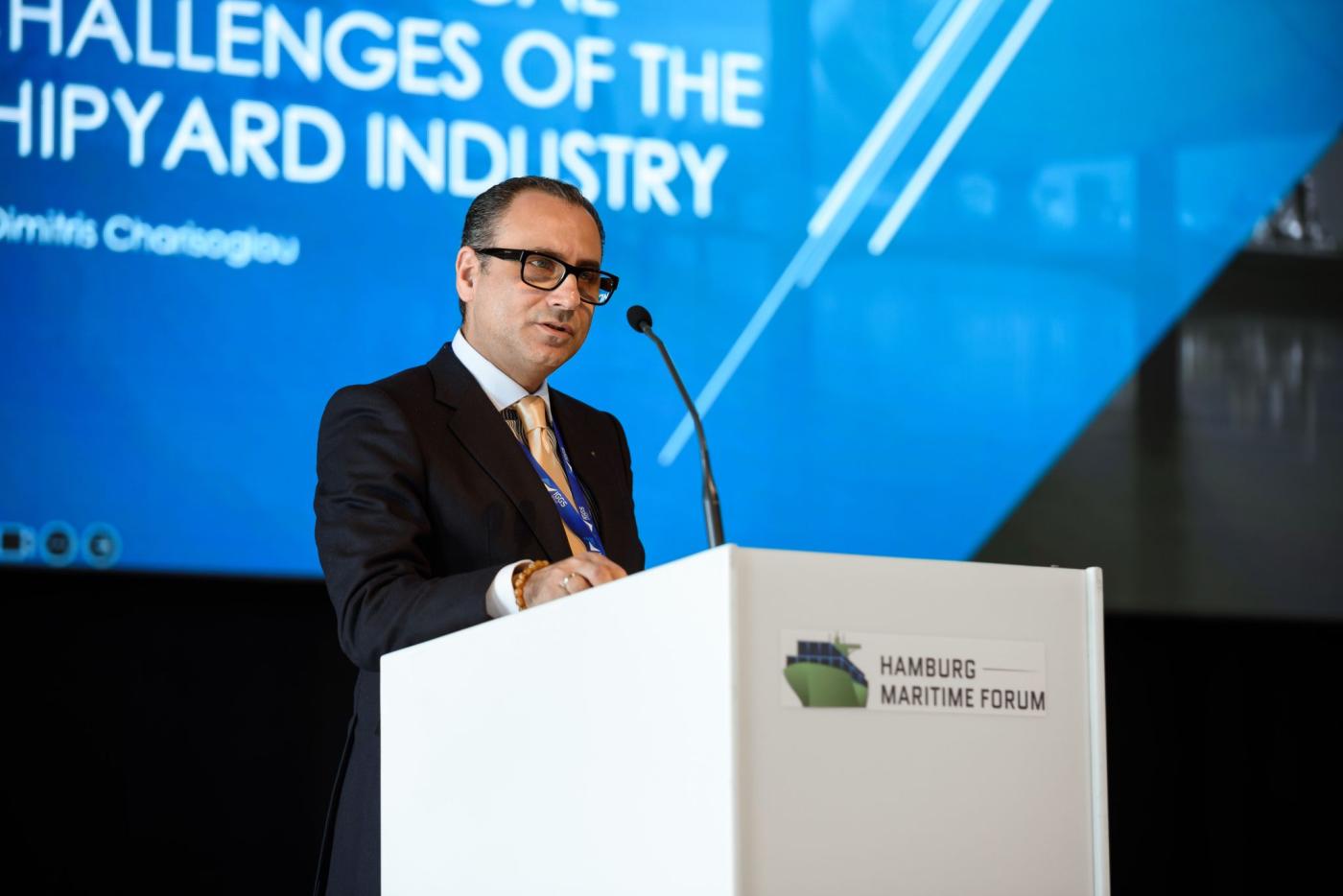

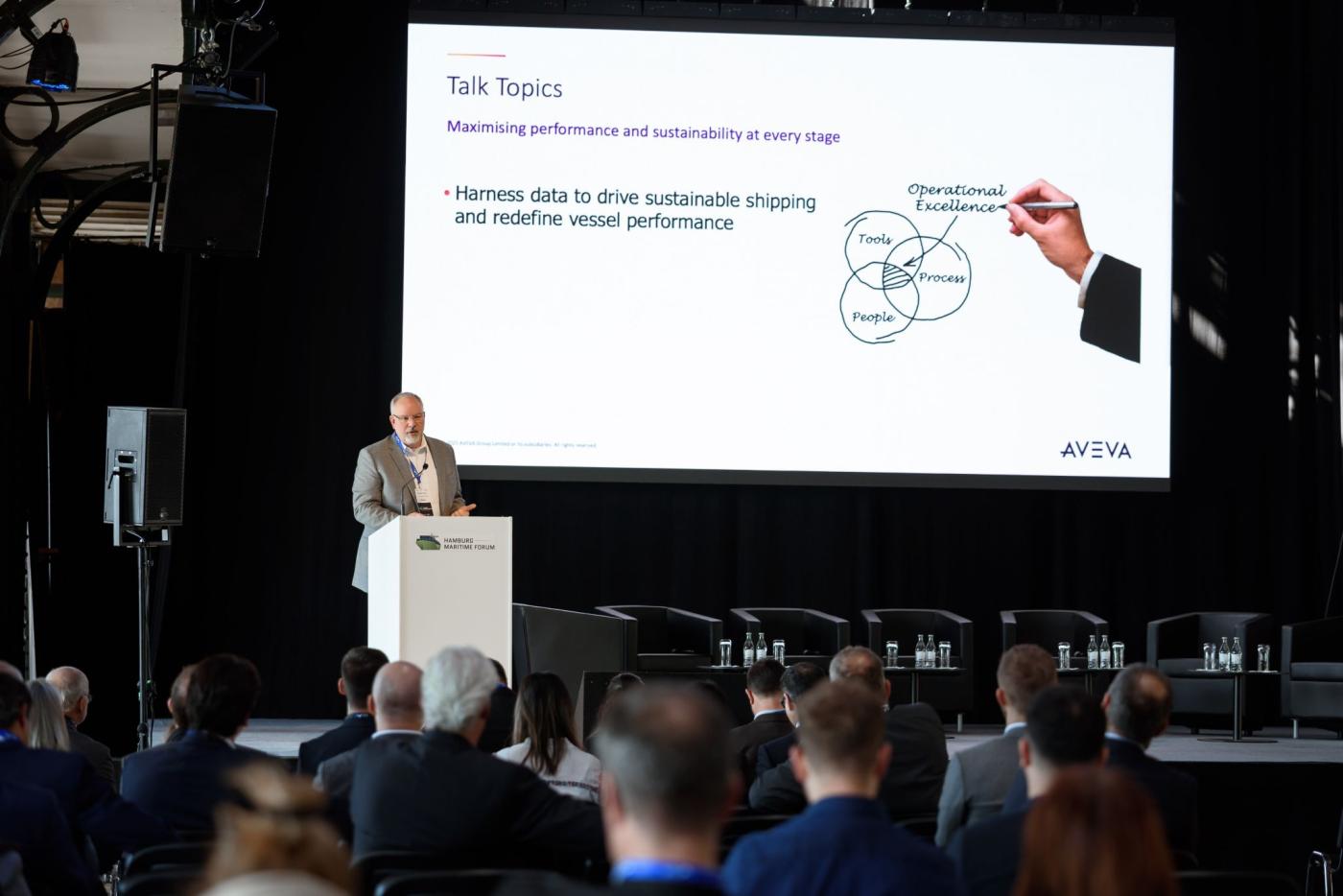




comments
Add the first comment
see also
Orlen discovers Sissel gas field in the North Sea
The Polish flag: twenty years of drift and a belated change of course. More than just the white-and-red
Jantar Unity ready for service. Is it time for the Polish flag?
Poland as a stable gas supplier for the region and strengthening supply security
Port Haller: Poland’s new strategic gateway on the Baltic Sea
Jantar Unity: modernization of POLSCA fleet and Baltic ro-pax shipping
ORP Henryk Zygalski launched at Remontowa Shipbuilding under Saab Kockums program
US government allocates USD 13.8 million to rebuild shipbuilding workforce
ORLEN awarded new licences on the Norwegian Continental Shelf
ORP Drużno returns to service following intermediate dock repair
ADVERTISEMENT
ADVERTISEMENT